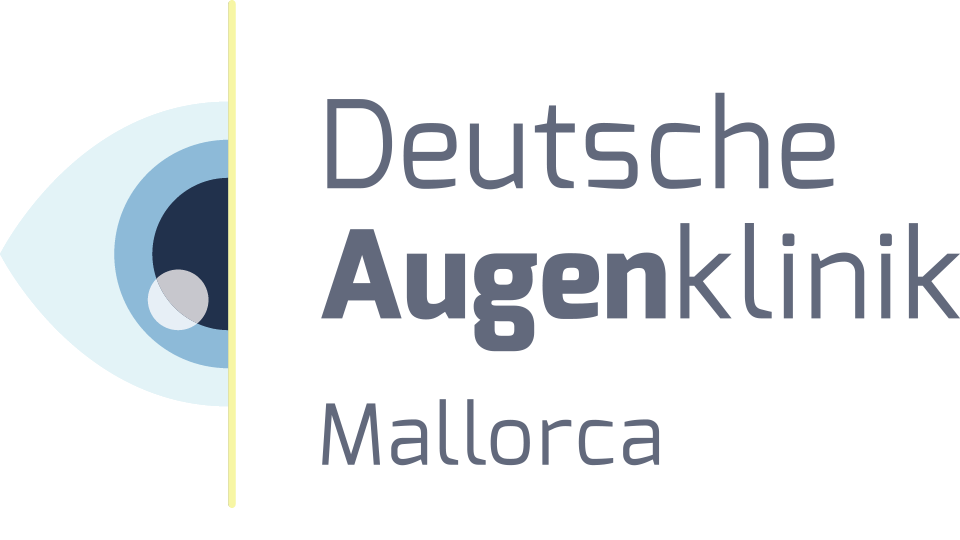WHY – is easily explained. Nowadays an illness which is diagnosed in its early stages can be treated more effectively to prevent it getting worse. In addition to the ophthalmological conditions such as corneal dystrophy,glaucoma, the age-related macular degeneration etc., the examination of the ocular fundus can also exclude metabolic diseases such as diabetes and cardiovascular diseases eg. high blood pressure.
For eye surgery the eye check is always part of the preparation. Priniciply you can have an eye check stand alone even without an upcoming surgery for other reasons. For example if you just want to have the glasses checked, you are tired of long waiting list elswhere, you want to iniciate a new therapy or in case you need a second indication.
.
Throughout scientific research special risk groups have been identified for which a periodic eye check is important:
- Diabetes, yearly, in special cases more than once a year, to detect differences in the retina
- hypertension pacients
- family common oftalmologic deseases (glaucoma, macula degeneration)
- family common debility of sight or blindness
For an eye check we recommend check of:
- general sight, change of dioptres for persons with glasses, sight of colors and in twilight, stereo-sight
- the retina with a fundus-camera to detect transformation of the retina
- the eye background with an OCT to detect glaucomas
- intraocular pressure with a tonometer to detect the main risk factor of glaucomas
- field of vision to see deficiencies of sight
- the thickness of the cornea to interpret the intraocular pressure better with a Pachymeter
- a slit lamp examination for cataract diagnosis
- the topografy of the cornea with a PENTACAM to see what risc factors are give by the cornea
- the bending of the cornea to measure the diaoptric data


